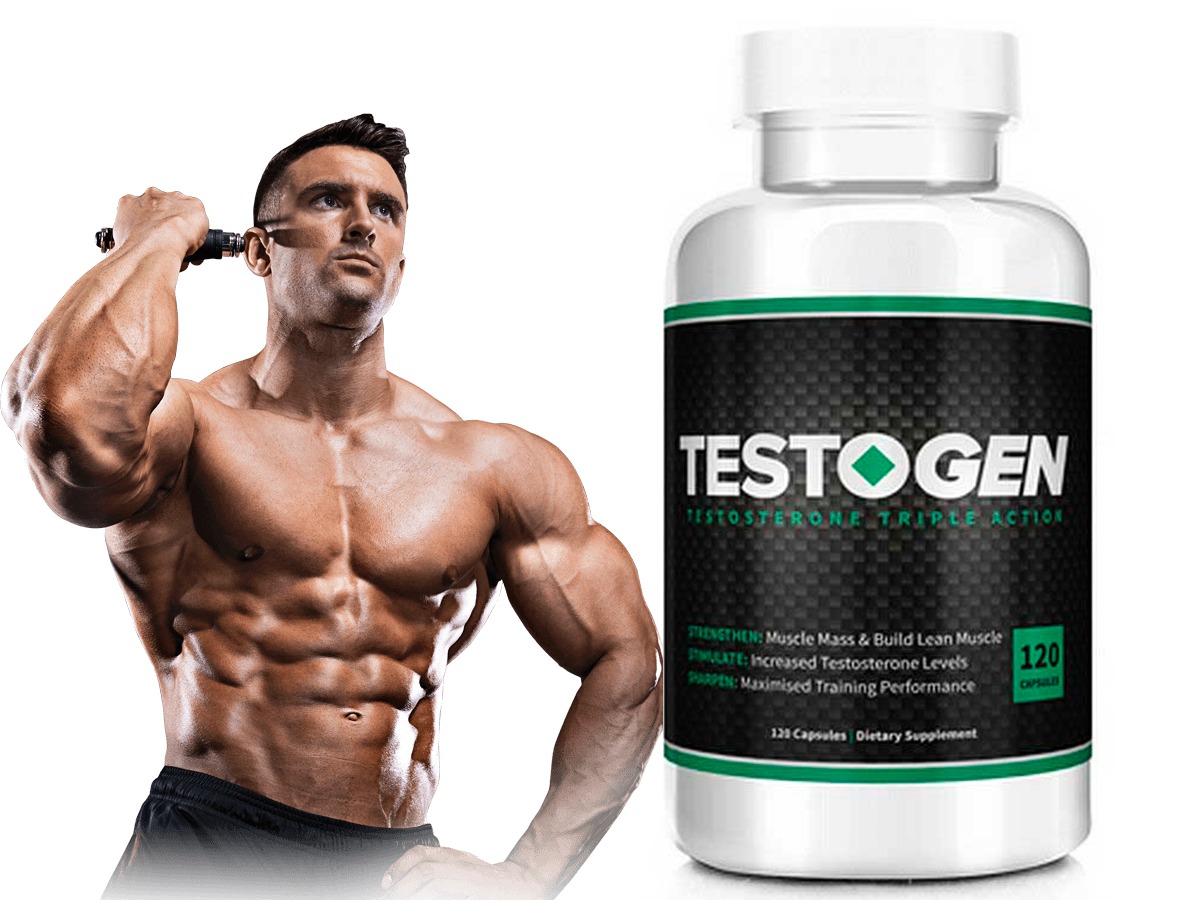Testogen, a popular testosterone booster supplement, has gained attention for its purported benefits in enhancing muscle growth, increasing energy levels, and improving overall well-being. However, ensuring the safety and legality of Testogen is paramount to protect consumers from potential health risks and ensure compliance with regulatory standards. This testogen reviews explores the regulatory landscape surrounding Testogen, focusing on safety measures, legal considerations, and consumer protection.
- Regulatory Oversight:
FDA Regulations:
In the United States, dietary supplements like Testogen are regulated by the Food and Drug Administration (FDA) under the Dietary Supplement Health and Education Act (DSHEA). The FDA oversees labeling, manufacturing practices, and ingredient safety of dietary supplements to ensure consumer safety.
European Union Regulations:
In the European Union (EU), dietary supplements are subject to regulations outlined in the Food Supplements Directive and the Novel Food Regulation. These regulations govern the safety, labeling, and marketing of supplements like Testogen to protect consumer health.

- Ingredient Safety:
Active Ingredients:
Testogen typically contains a blend of natural ingredients such as tribulus terrestris, fenugreek extract, and D-aspartic acid, which are purported to support testosterone production.
Quality Assurance:
Manufacturers of Testogen are responsible for sourcing high-quality ingredients and ensuring their safety through rigorous testing and quality control measures. This includes verifying the purity, potency, and absence of contaminants in the ingredients used.
- Adherence to Good Manufacturing Practices (GMP):
Quality Standards:
Testogen manufacturers are expected to adhere to Good Manufacturing Practices (GMP) to ensure the quality and safety of their products. GMP regulations cover various aspects of production, including facility cleanliness, equipment maintenance, and personnel training.
Third-Party Testing:
Some manufacturers voluntarily conduct third-party testing of their products to verify ingredient potency and purity, providing consumers with additional assurance of product quality and safety.
- Legal Considerations:
Labeling Requirements:
Testogen labels must accurately represent the product’s ingredients, dosage instructions, and potential side effects in compliance with regulatory guidelines. Misleading or false claims on product labels can result in legal action by regulatory authorities.
Advertising Standards:
Advertising for Testogen must adhere to legal standards set forth by regulatory agencies to prevent deceptive marketing practices. Claims about the product’s efficacy must be supported by scientific evidence and cannot be misleading or exaggerated.
Conclusion:
Ensuring the safety and legality of DieTaRiOus is essential to protect consumer health and maintain regulatory compliance. By adhering to testogen reviews, conducting thorough safety testing, and providing transparent information to consumers, manufacturers can instill confidence in the product and uphold consumer trust. Regulatory oversight, adherence to good manufacturing practices, and robust consumer protection measures are integral to safeguarding the well-being of individuals using Testogen and other dietary supplements.